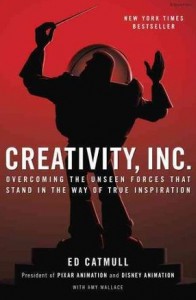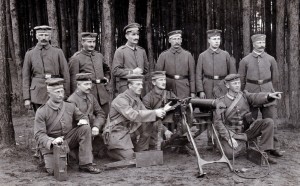
Start thinking in a Jeopardy sort way. But in reverse.
The answer is ‘What is Marketing?’
Now, what’s the question?
You’d be surprised at some of the responses at a recent seminar.
Some were War and Peace in length, only slightly abridged and minus a plot.
You need a sabbatical after enduring a long-winded explanation like that.
Other answers were half-baked and tinpot ideas.
They were enough to put you in mind of a fifth grade teacher who writes ‘Must try harder’ on a D-student’s report card.
One bright spark stood up proudly and said ‘marketing is marketing your product across all channels including Facebook’.
Another said something like, ‘It’s the process whereby certain products are given prominence against a pre-determined budget and target audience activity with ROI in the forefront and …’
Had you been there, you would have had to sit tight as another 76 or so words followed. Some of the words had more than four syllables.
In our office, marketing is defined in four words.
‘Helping people choose you.’
Isn’t it that simple?
That straightforwardness should lead to more organized minds, better focus and messaging that can extend attention spans.
More to ‘organized minds’, many now agree we all need to avoid one disorganized thought about content today.
Too many marketers presume their target audience is attentive and interested. They’re chauvinists when it comes to their brands
But do people really give a fig about brands? They’re not living just to connect with products on Facebook, are they?
No way they are, says the intern who comes into our office two days a week.
You have to work hard to earn market attention.
To ensure people choose you takes focus. And skill.
The kind of skill that sees marketers and agency people open to lifelong learning and keen to listen to the target audience.
Surprisingly some marketers and agency staff aren’t great listeners.
Too many fall down in this area and operate with assumed knowledge and opinions.
Opinions … what are they in a constantly changing marketplace but iffy thinking without data.
With that said, let’s double back to the thought on ‘skill’.
If the answer is ‘What is skill?, what’s the question?
How about this?
The opposite of half-baked, tinpot ideas. And four-syllable words.
Share with us. Have you found books on marketing that give you the skills to compete in a more effective way? Scroll down and leave your comment. Thanks, Steve Ulin








